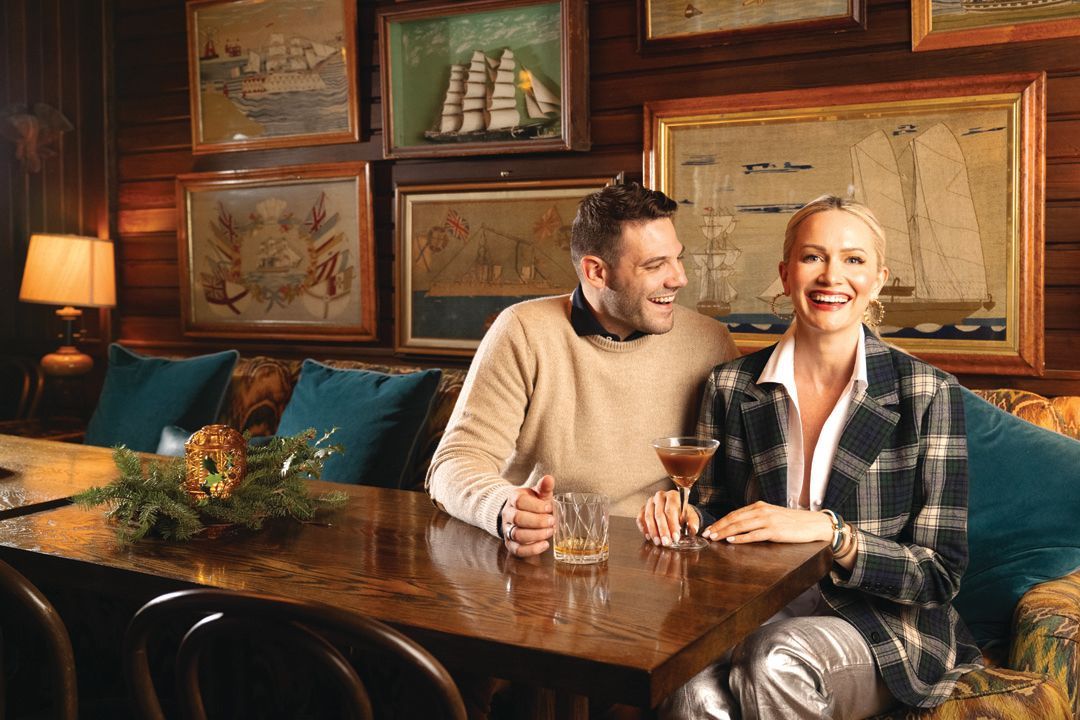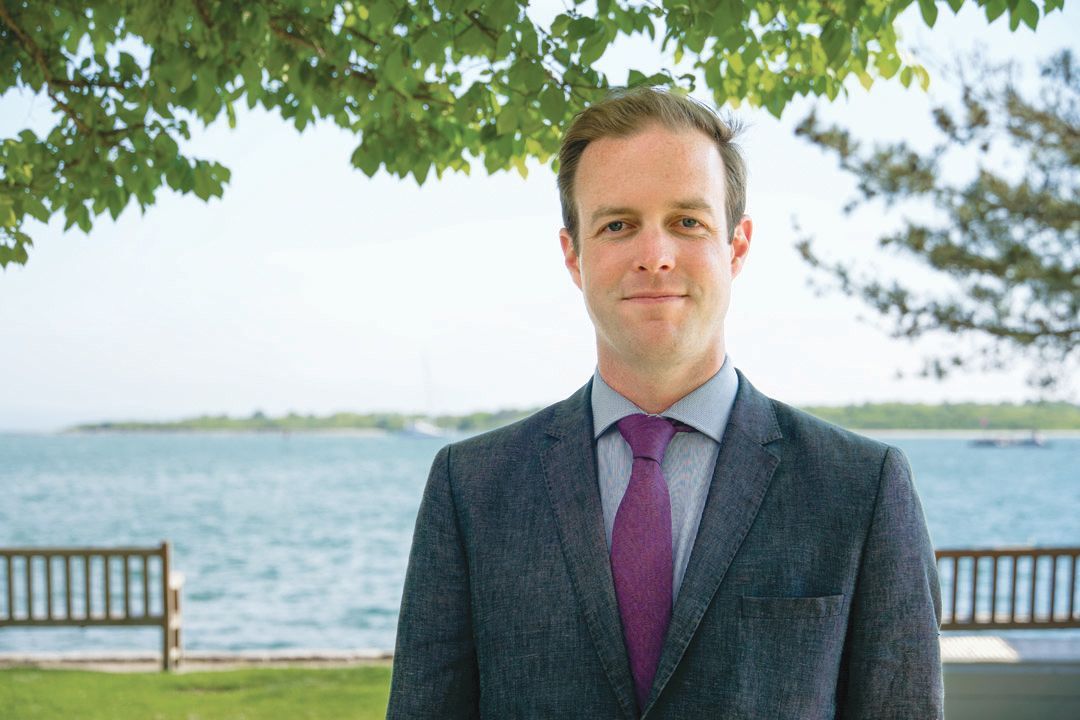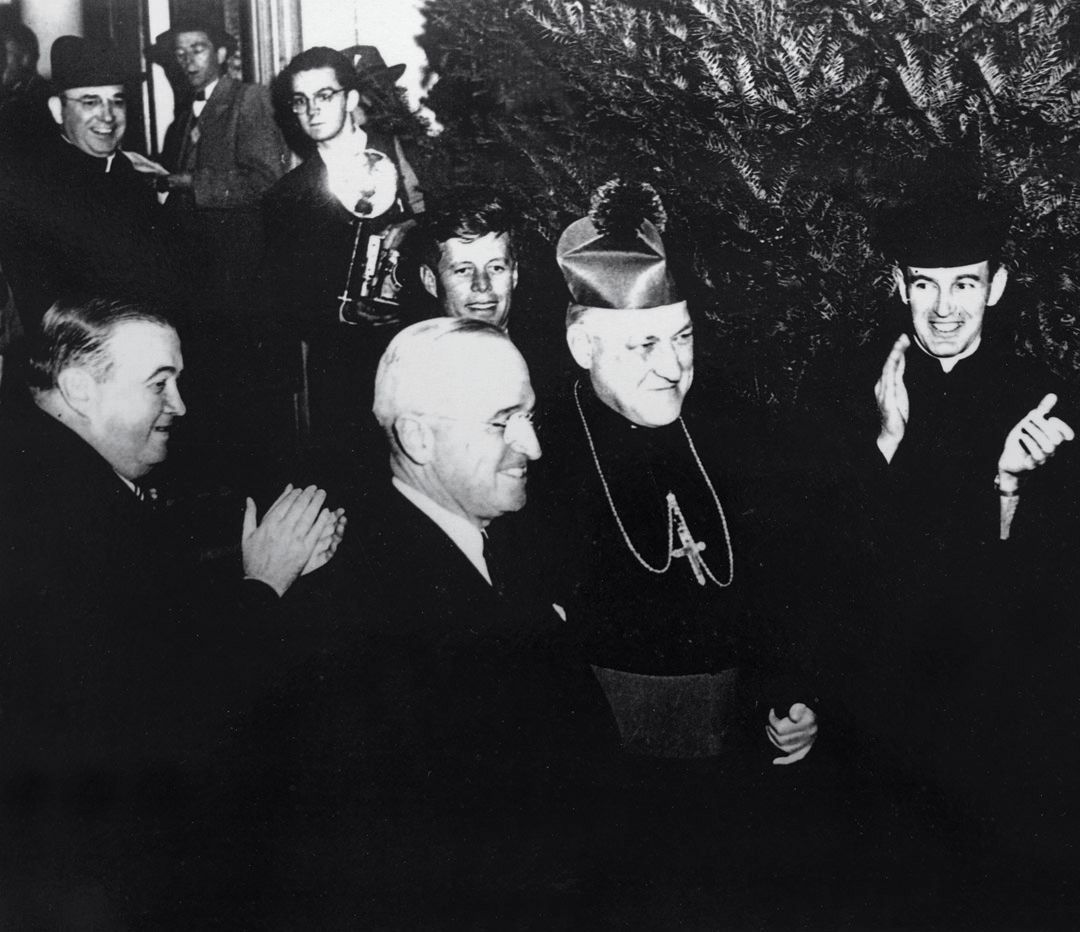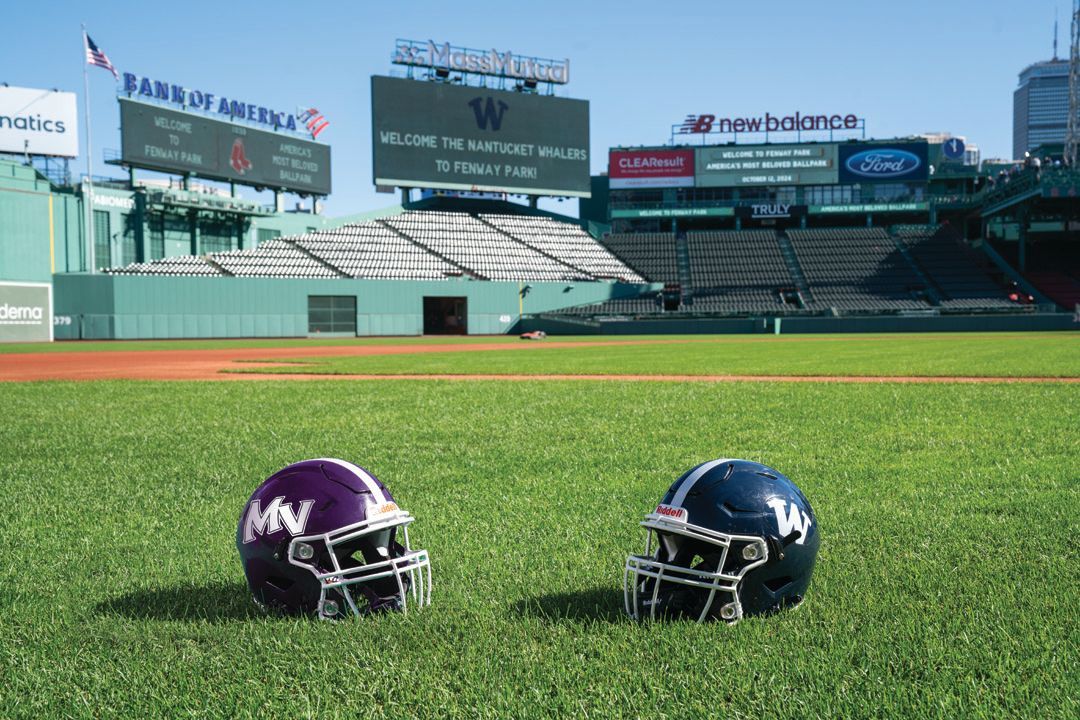BILLIONAIRES BEHAVING BADLY
Author William Cohan’s view on
Nantucket’s uber-wealthy and beyond.
William Cohan is a New York Times bestselling author whose focus has been on the world of finance and corporate America and the personalities behind it. A former Wall Street executive himself, Cohan has written such books as House of Cards: A Tale of Hubris and Wretched Excess (2009) and Money and Power: How Goldman Sachs Came to Rule the World (2011). Cohan’s most recent article for Town & Country, titled “The Battle of Nantucket,” aimed a spotlight at the behavior of a group of billionaires on the island that he suggests are changing the understated character of Nantucket.
N Magazine sat down with Cohan for a wide-ranging interview on his recent Town & Country story and thoughts on the financial world in general.
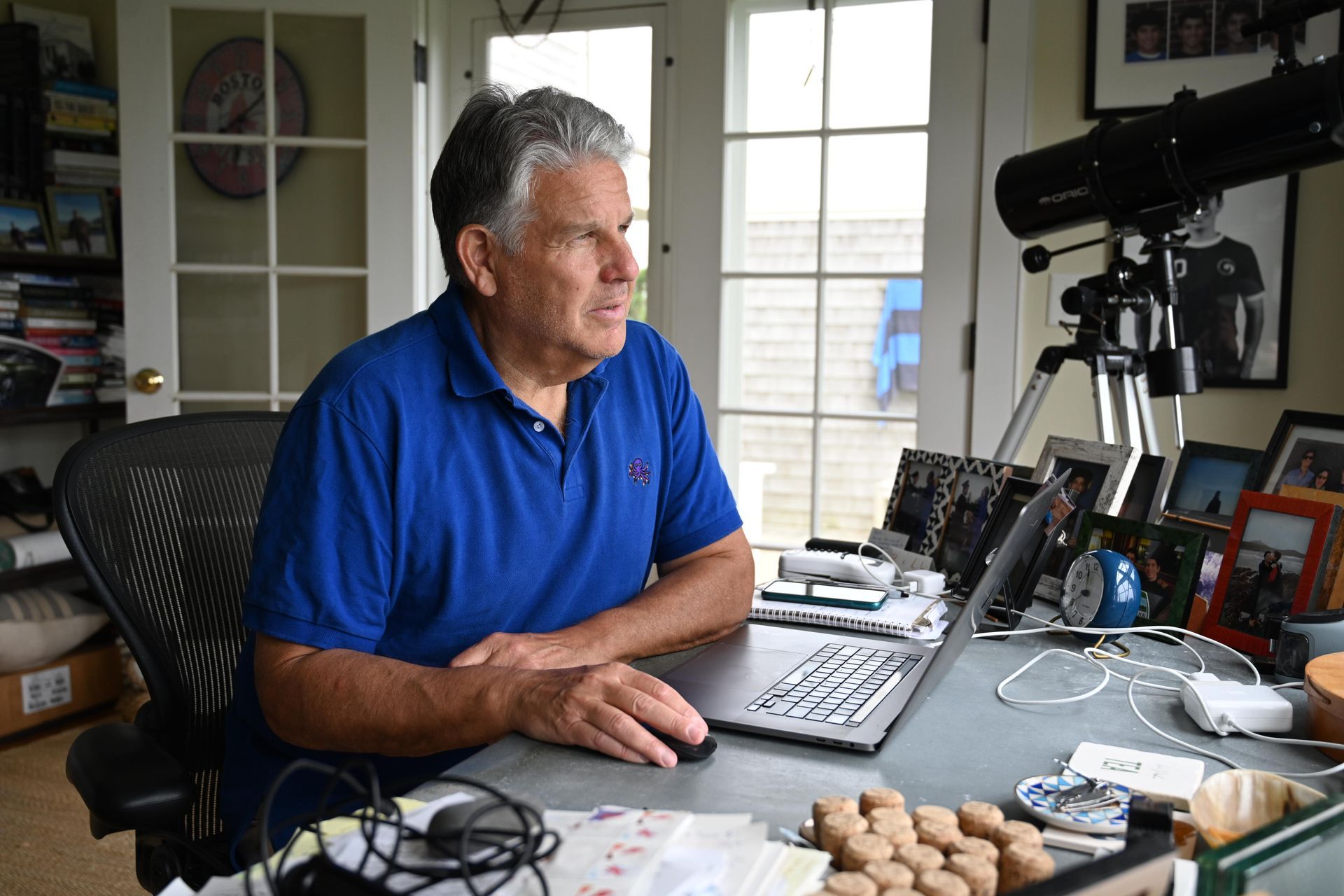
How long have you been on Nantucket and what does the island mean to you?
I grew up in Massachusetts, so I was always aware of Nantucket. We would spend our summers on the North Shore in the Gloucester area, and then occasionally, we would go sailing down here. I was out running one day, because we were renting over on Sankaty Road, and I ran by this house and there was a for sale sign. The owner had a deal, but it fell through. I made him an offer and he took it. So we’ve owned this [house] now for 14 years.
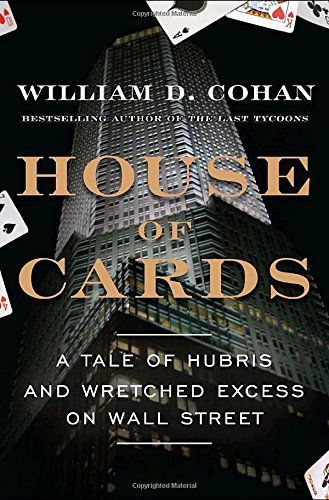

Your recent Town & Country article called “The Battle of Nantucket” has created quite a stir. What motivated you to write that piece?
Well, it wasn’t my idea to write the piece. It was Town & Country’s idea. But it was my idea to write what I wrote. I’m on the board of the Atheneum, and I’m not blind to the acute affordable housing need on the island. We had to take 10 percent of our endowment to buy a house in mid island. And we weren’t the only nonprofit around the island having to do that. So that struck me as quasi-insane. I track what happens to the real estate market and the juxtaposition of people like my friend Steve Schwarzman and others buying on the island, like John Henry. The juxtaposition of billionaires coming here, the jets and the acute need for affordable housing is stark.
The irony about the wealth on Nantucket is that for the last century, it has always been here. In the heyday of the whaling era, there were more millionaires on Orange Street than any street on the planet. Is this just a different form of wealth or a cultural difference?
I think there were always pockets of wealth, including on Orange Street. There just seems to be a lot more of it. When you have zero interest rates for 13 years, the Federal Reserve manipulating the cost of money, and then people who are set up to take advantage of it, all of a sudden, you have all these people who make money from money. Many are on the East Coast and combine that with these incredible private jets that they can afford like it’s nothing, and then the extension of the runway, so they can land them here. The impediment of actually getting here is no longer an impediment. And it’s so damn beautiful, and probably, from their perspective, relatively affordable, right?
Yes, wealth has always been here, but I think that back when people were actually doing the whaling, that was what Nantucket was known for, and not as a finance capital.
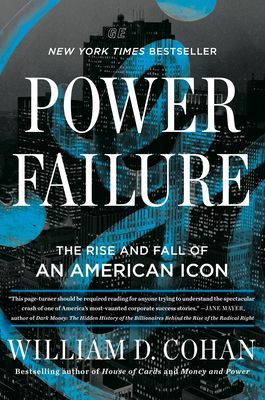
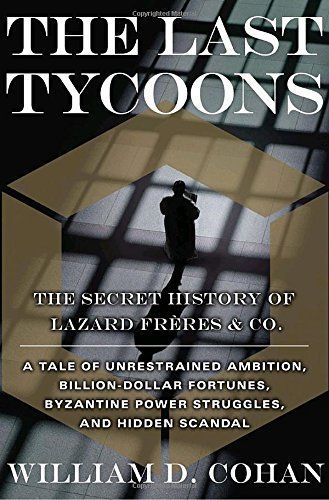
It used to be that a high-paid executive made tens of millions of dollars. Now, it’s hundreds of millions of dollars, and perhaps billions in the case of Elon Musk and others. With people making $50,000, $100,000 per hour, does that affect their connection to reality and therefore change their behavior?
Absolutely, it affects their connection to reality. I mean, I spend my life writing about these people and I see it all the time. There’s a certain amount of hubris, although that has negative connotations. I don’t see them necessarily being bad people, but they definitely don’t think the rules apply to them. I mean, does Elon Musk think the rules apply to him? Does Donald Trump think the rules apply to him? Did Sam Bankman-Fried think that rules applied to him? No. People get this idea in their head that somehow they’re immune to the laws of gravity and the legal system.
So let’s segue to your book Power Failure about the decline of GE. Jack Welch was a longtime summer resident here, and he was viewed as a business icon. When he left the company and turned it over, things started to go south very quickly. Was that an indictment of the subsequent leadership, or did it expose weaknesses that Jack had created at GE?
That’s what people will probably be debating for a long time. My view was Jack was an absolutely unique leader who was able to manage this diverse elephant of a company. I tell the parable of the blind man and the elephant at the beginning of the book, because people really can’t tell what this thing was all about. But Jack had the ability to run it. Like, how can a bumblebee fly? This is that same question. How could GE not only exist but become preeminent and the most valuable company in the world?
Jack had the skill to manage everything from aircraft engines to this sophisticated financial institution. Jeff [Immelt] didn’t have those same skills. Maybe nobody had those same skills. So all I can tell you about where I come out is what Dave Calhoun, who was a former longtime GE executive and now the CEO of Boeing, said to me— and it’s a little harsh, but I happen to think he’s right. And he said it on the record, so that makes it all the more credible: Every time Jack had a big decision, he made the right one. And every time Jeff [Immelt] had a big decision, he made the wrong one.
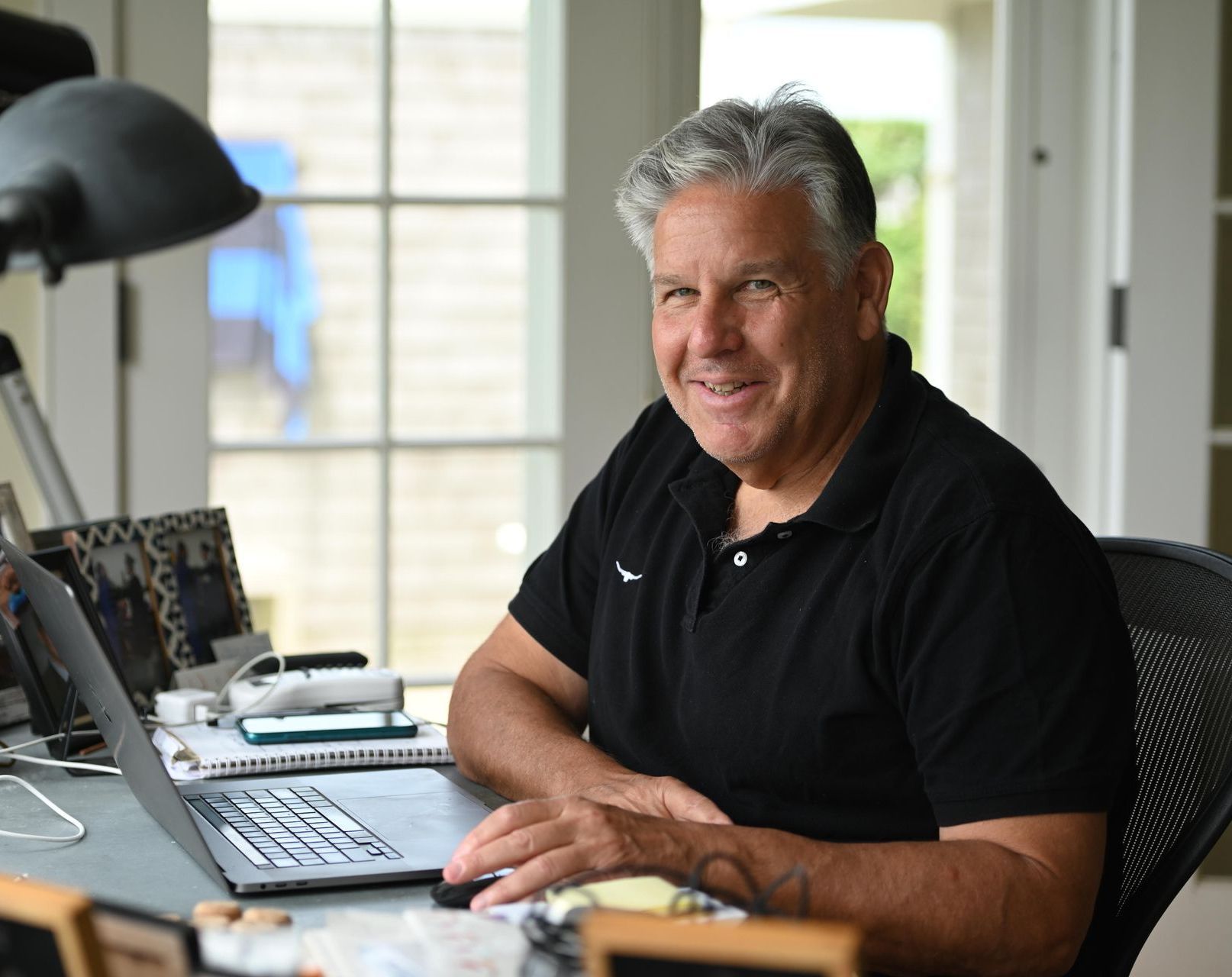
Let’s talk about some of the players in the business world. Arguably, the most intriguing character is Elon Musk. Will people look back at Elon Musk as one of these historic business figures that helped change the world? Or is he something else?
We should all reserve judgment on that until Walter Isaacson’s book comes out, which will be in September. So we’ll get to pull the curtain back a little bit more on what this guy is all about. Walter had incredible access. Musk is not an inventor, first of all, so I wouldn’t compare him to Edison or Westinghouse or any of our great inventors. He is smart. He’s obviously a visionary. He put his money in the right place at the right time and made big debts on things that have paid off tremendously well, but can you name anything that he actually created? He built Tesla in its current version, he drives his SpaceX in its current version, but he’s not actually an inventor.
But there’s a lot of competition coming and Tesla’s valuation is absurd, right? It just is completely unmoored to reality because he’s become like a cult-like figure. And, in short, you can’t bet against him because you’ll lose your shirt. I can’t explain it. But I mean, the fact that he’s six months into the year and he has increased his net worth $100 billion this year. It’s crazy.
You’ve been on Wall Street yourself and have covered a wide range of players in the finance world and beyond. Who is the most admirable person living or otherwise that you have followed?
In terms of my admiration for him, I’d have to say [Hank] Paulson. He was a wonderful leader of Goldman Sachs. He took it public and has very high integrity. He was the absolute right person at the right moment to be Secretary of the Treasury during the financial crisis. I think he gave $700 million to the Nature Conservancy. … He lives modestly. He’s got incredible values. … He easily remembers friends, he helps people when he can. He’s just so admirable in so many ways. Now he’s studying about China and trying to help us with a China relationship, which he’s been doing for a long time. So he’s the whole package. And he’s totally out of central casting as a treasury secretary.
I will say that the person who totally stumped me and turned out to be the absolute opposite of what I thought he was is Sam Bankman-Fried. I interviewed him in December 2021. I spent 90 minutes with him for a documentary film that I’ve been working on about cryptocurrency, and he was absolutely at the peak of his power and wealth and turned out to be probably a bigger fraudster than Bernie Madoff, which is hard to do and [he] may spend more years in prison than Bernie Madoff. So not at all what I thought. How do you suspect a 29-year-old of being a fraud? And the thing is he seemed completely nice and benevolent. And he was talking about giving millions away so we don’t have another pandemic, giving money to politicians, whatever it is. He showed up to my interview in the middle of December in a T-shirt and shorts, all the crazy hair, couldn’t really look me in the eye. Well, maybe he couldn’t look me in the eyes because he was such a huge fraudster.
Latest Stories
